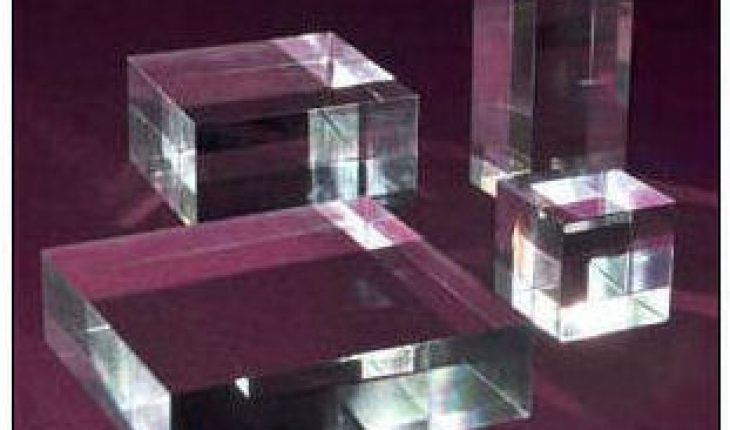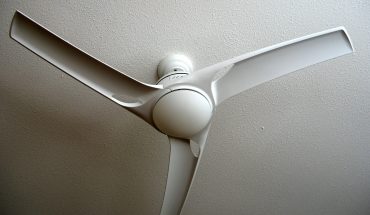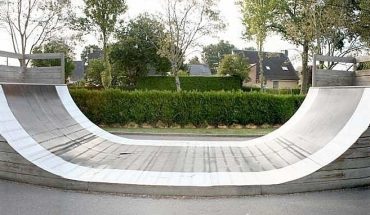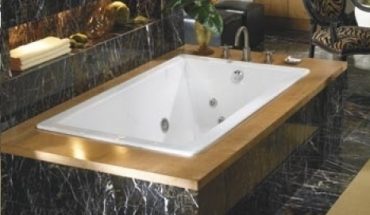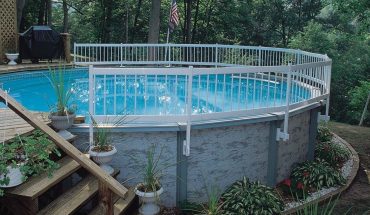Acrylic blocks are a form of glass-like plastic that contains properties of both glass and plastic. Acrylic blocks or sheets are often used for windows, wall separations, and arts and craft because they are lightweight, flexible, and harmless to the user. Acrylic blocks can be shaped, molded, cut, placed into nearly any frame or opening, and provide the same function of a glass window in that light can pass through it.
Applications
Acrylic blocks have many different uses. For example, acrylic blocks are often used as a replacement or support barrier for glass windows. In fact, many glass windows and car windshields are now coated with two or more acrylic sheets (or are made from acrylic alone) to prevent the glass from shattering upon impact. Acrylic is also used for stamps, nail polish, and even dishes.
Advantages
Acrylic blocks have several major advantages that make them the preferred material in applications where glass is normally used. Acrylic blocks are made of a clear, plastic-like material and do not shatter like glass does. Acrylic blocks are also much lighter and more flexible than glass, which is why they are often used in higher areas where glass is too heavy and fragile to place. Acrylic blocks come in many different shapes and sizes, and are therefore available in any form necessary to complete a specific task.
Disadvantages
Although acrylic blocks are lighter, more flexible, and more versatile than glass, they have several critical disadvantages. For example, glass windows are hollow and consist of two glass panes that are fused together to create a partial vacuum. This vacuum improves thermal insulation, while acrylic blocks do not. Acrylic blocks are also much weaker than glass and can be easily scratched from even the most routine cleaning. Likewise, acrylic can become cloudy, cracked, or faded after years of use, while glass remains the same.
Where to Find Acrylic Blocks
Acrylic blocks are often found in the same stores that carry glass blocks and other building materials. Since acrylic blocks are lightweight and flexible, they are often found in larger quantities than glass, but are usually packaged and shipped in the same manner. Acrylic blocks and sheets are less expensive than glass but vary in price depending on the size and quantity purchased.

